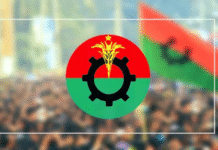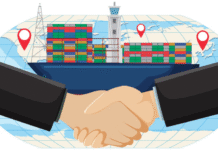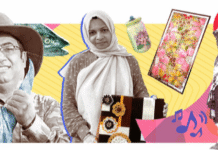‘Infoladies’ on bicycles provide health, agricultural and IT services to remotest villages in Bangladesh

After she became pregnant for the first time last year, Nilufer Yasmin says “thousands of queries” popped into her mind.
The young woman, who lives in the northern town of Bogra, sought help in a unique way: from an “Infolady“, one of more than 50 young women in rural Bangladesh who reach the country’s remotest villages, on bicycle, to provide health, agricultural and information technology services.
Yasmin says the Infolady helped connect her to a government service that provides advice over the telephone for expecting mothers – right from the time of conception until the baby grows into a toddler.
“The Infolady even helped me register into the service, and it was very helpful,” Yasmin told Al Jazeera. “I also saved money and time, which I would have wasted by trying to go to the nearest upazila hospital, miles from here.”
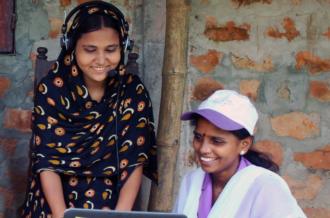 |
| They charge nominal fees for their services, which include everything from filling in online forms, to checking blood types [Courtesy of DNet] |
The Infoladies programme – launched by local not-for-profit DNet, which aims to facilitate the broader dissemination of information technology in the country – appears on track to expand dramatically in the years ahead.
According to Laura Mohiuddin, who leads the Infoladies programme, the number of Infoladies is set to rise to 4,500 by the end of 2016 and expand nationwide in September.
The programme, which has gained worldwide attention and won several awards, may soon be replicated in other countries in Africa, Latin America and South Asia, she added.
The programme is an extension of DNet’s “Mobile Ladies” programme, launched in 2004, through which women carrying cellphones connected villagers in remote parts of Bangladesh.
As information technology changed and grew, DNet launched the Infoladies programme in 2010, and more than 50 women from six districts are now providing services to nearly 300 Bangladeshi villages.
The women, who range in age from 18 to 35, ride bicycles and carry a variety of light equipment, such as laptops, blood-pressure monitors, pregnancy tests and other supplies.
They charge nominal fees for their services, which include everything from filling in online forms, to checking blood types, providing information about government benefits.
‘Like a rockstar’
Shahina Begum, 30, has been an Infolady for the past year. She looks forward to her daily work in the Gaibandha district of Bangladesh, which begins around 9:30am after she sends her two children off to school.
“After a few sessions at nearby schools, I usually cycle to the households,” Begum told Al Jazeera, noting she provides information to schoolchildren about computers and digital photography.
In households, medical services such as pregnancy and blood-group tests are among the most popular requests, she added.
“Also, I provide people with general information, like how they can avail [themselves of] various government entitlements.”
Begum beams as she recalls informing a man in his 90s from a village in Gaibandha about the senior citizens’ allowance; she then helped him to start obtaining these funds.
“I feel like a rockstar while passing through the village roads, as children clap when I pass them,” Begum said.
Soma Khatun, a 23-year-old Infolady in Bogra, told Al Jazeera that the programme aims to provide information free of charge, although there are costs associated with some medical and IT services.
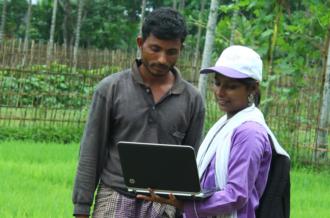 |
| The women, who range in age from 18 to 35, ride bicycles and carry a variety of light equipment [Courtesy of DNet] |
Khatun’s monthly income works out to nearly 7,000 takas ($90), even after she hands over a monthly instalment of about 2,600 takas to the bank to pay down an interest-free loan of 75,000 takas.
The loans were granted to each Infolady in 2012 by Bangladesh’s national bank, which encourages “micro-entrepreneurs”.
None of the money earned is paid back to DNet, as the Infoladies now work entirely independently.
Begum says this is the perfect profession for her: “I can support my family with the income, while also doing significant work for the community.”
According to the head of Infoladies effort Laura Mohiuddin, “An Infolady is an entrepreneur. They are innovative, and sometimes they come up with services that were very much in demand but not available.”
These women are also agents of change, Mohiuddin said.
“They work at community levels, and one of their important roles is to help and educate the community people, sometimes for free, just to improve their quality of living,” she told Al Jazeera.
With thousands more Infoladies set to join the programme over the next couple of years, Mohiuddin added, “by the end of 2016… there will be an Infolady at every rural doorstep in the country.”
Source: Al Jazeera

